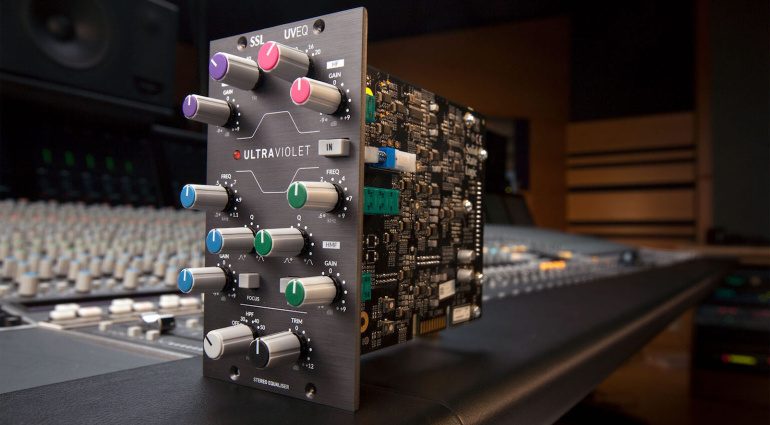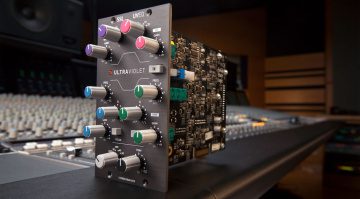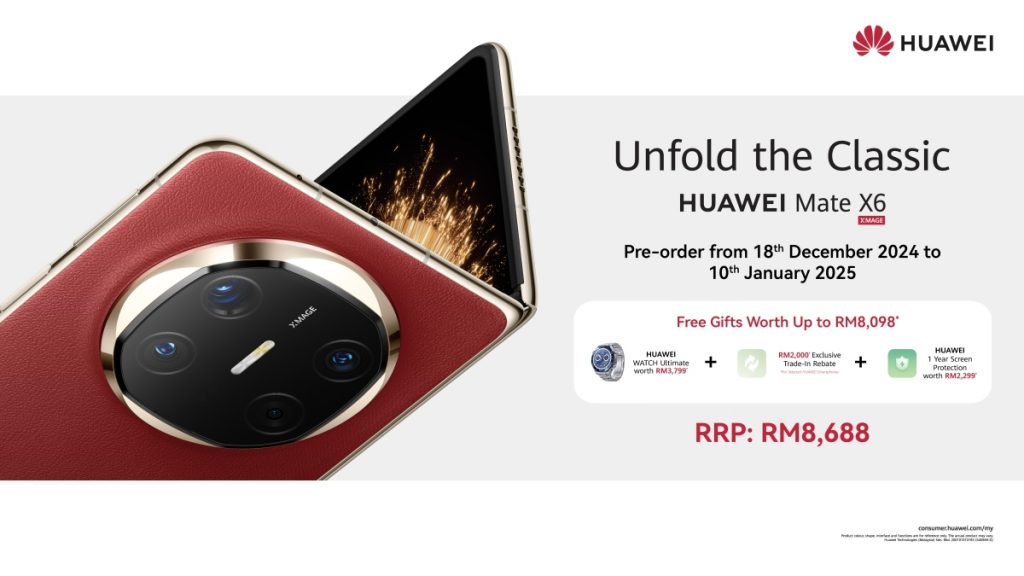The mixdown stage is a crucial aspect of the recording process, as you finalize your productions for release. We’re taking a look at some of the best stereo EQ units that provide control over your master bus.
Hardware of this nature is not cheap, but it’s still far more affordable than the original vintage designs from the 50s, 60s, and 70s. It’s also available in formats like 500-series, which is more compact and even offers portability for live sound environments.
Like preamps, you will often be confronted with the choice of clean transformerless designs or those that offer classic topologies with transformer or tube saturation. To have the best of both worlds, mastering studios are often equipped with both character-inducing and more transparent types of EQs, so keep in mind the style of music you’re working with.
Choosing the Best Stereo EQs
While some parametric EQ designs are based on well-known classics, others might borrow a feature or two. This is done with the aim of innovating and creating a tool more relevant in the context of modern audio production.
SSL UltraViolet EQ
The UltraViolet EQ is the perfect companion to the SSL bus compressor. Derived from the EQ section on the SSL Fusion processor, you get a selection of controls for shaping your mix. This includes two cut filters with four selectable bands, two peaking filters, and an additional LP filter.

The main parametric controls are the two variable mid-bands, which also have useful focus switches. This function narrows the Q-factor and increases the gain range, allowing you to make even more precise adjustments.
Elysia Xfilter Qube
The Elysia Xfilter Qube offers an affordable solution for adding an extremely high-quality parametric EQ stage onto your mix bus. It provides two parametric peaking filter bands with narrow Q switches and two shelving filters with resonant cut switches.
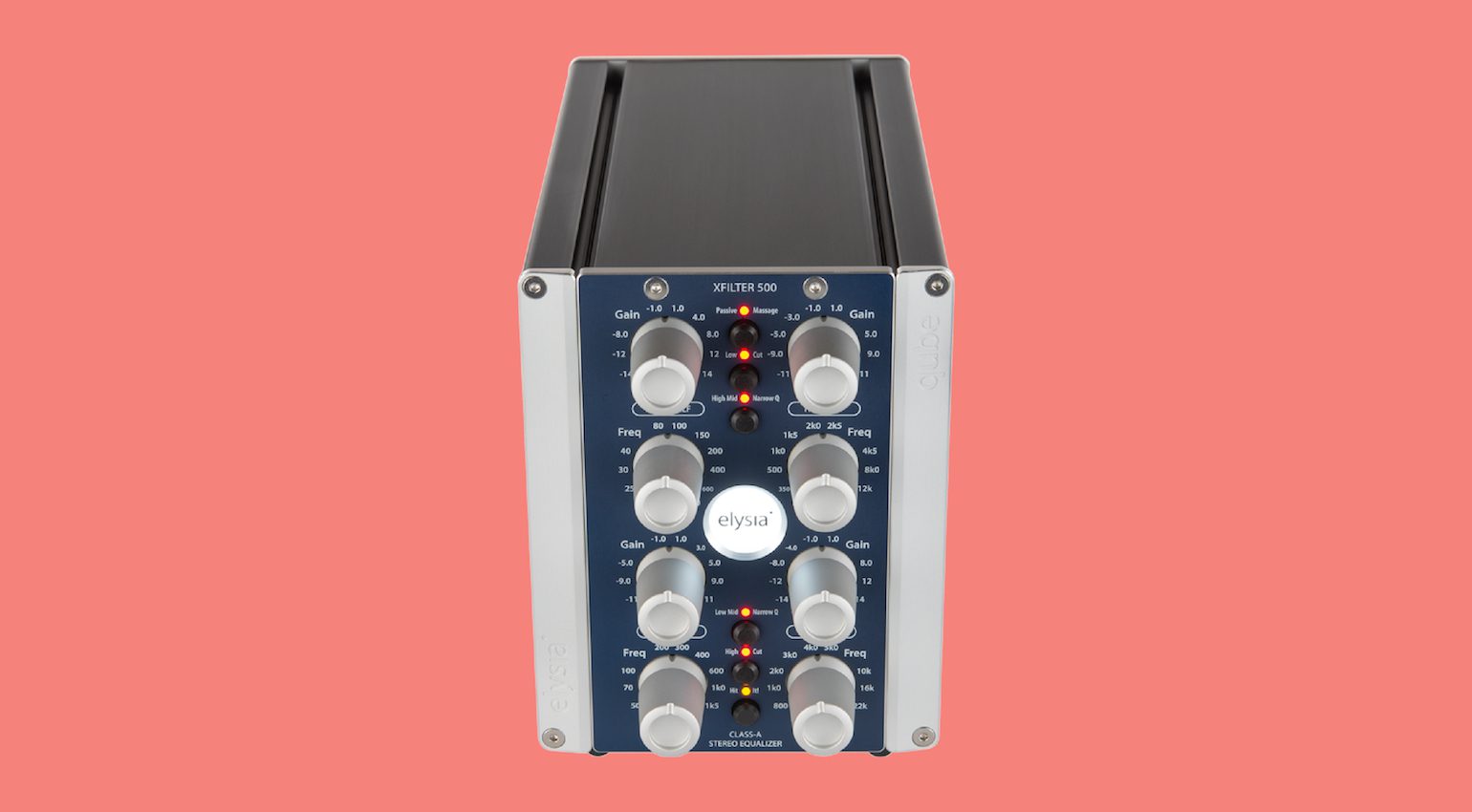
All four bands are active, but there is an additional passive filter for adding a gentle high-frequency shine at 12 kHz. Overall, Xfilter is geared toward current music production practices and is also available in a 500-series module, a rack-mountable unit, and a mastering edition.
Drawmer 1974
As the name suggests, the Drawmer 1974 is a stereo parametric EQ inspired by the designs of the 1970s. Apart from the vintage sound, you get a very flexible four-band EQ that can be used at any stage of the recording process.

The two mid-range bands have variable Q controls, and there are additional high and low-cut filters to really focus the scope of the frequency range you’re working with. A great choice if you’re looking for a classic-styled but affordable EQ.
IGS Rubber Bands ME
The IGS Audio Rubber Bands ME is an excellent choice for mixdown and mastering. Pultec-style EQs may be more limited than fully parametric EQs in many ways. However, they force you to take a more hands-on approach which can make you a better engineer in time.
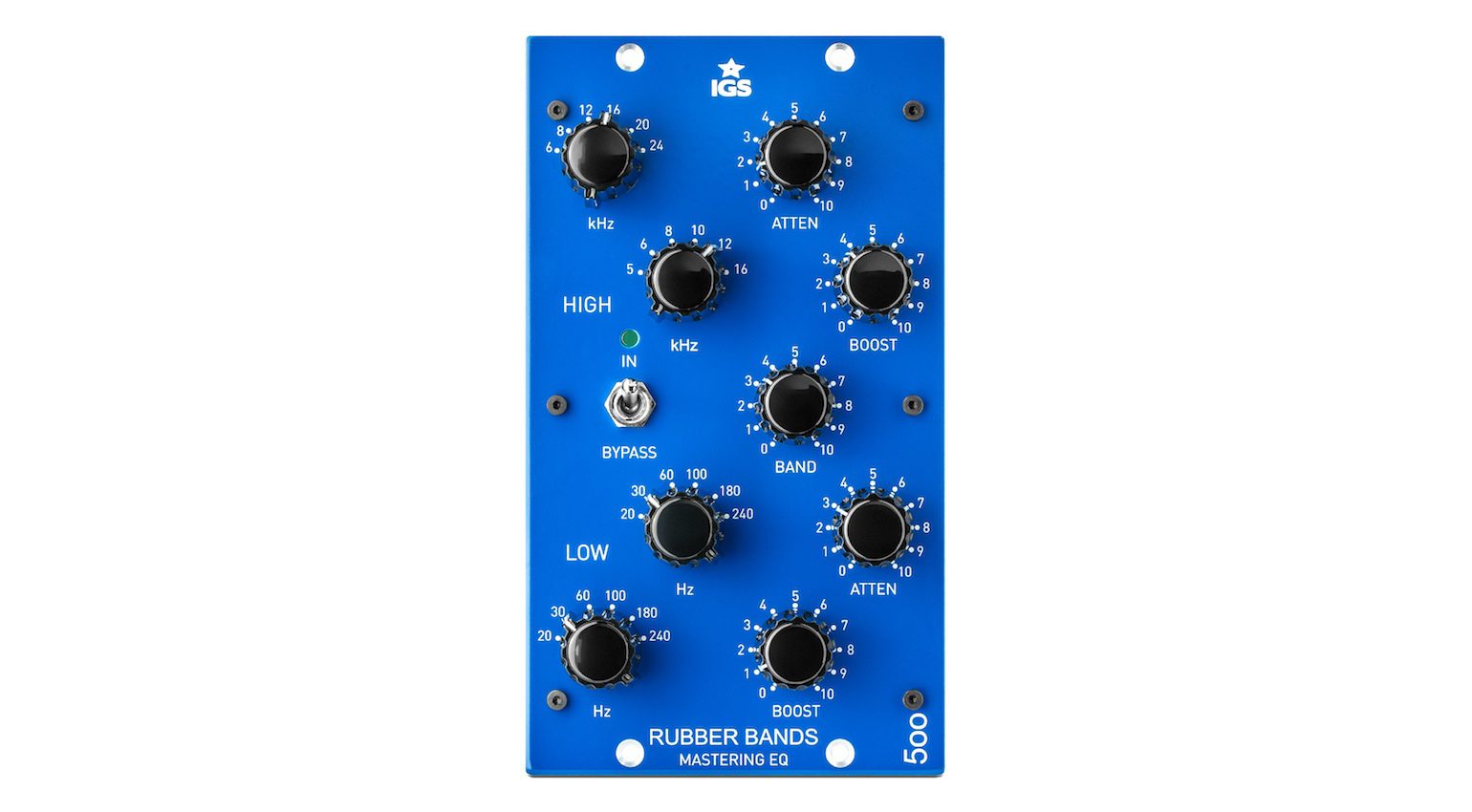
The controls allow you to select individual frequencies for attenuation and boosting in both your high and low range, which adds versatility. In addition, you can also control the bandwidth of the high-frequency filter just like the original Pultec.
WES Audio Hyperion
The WesAudio Hyperion does everything you’d expect in a pro-grade hardware EQ and then some. Apart from its extensive parametric controls, it’s also a Mid/Side processor which makes things far more interesting.
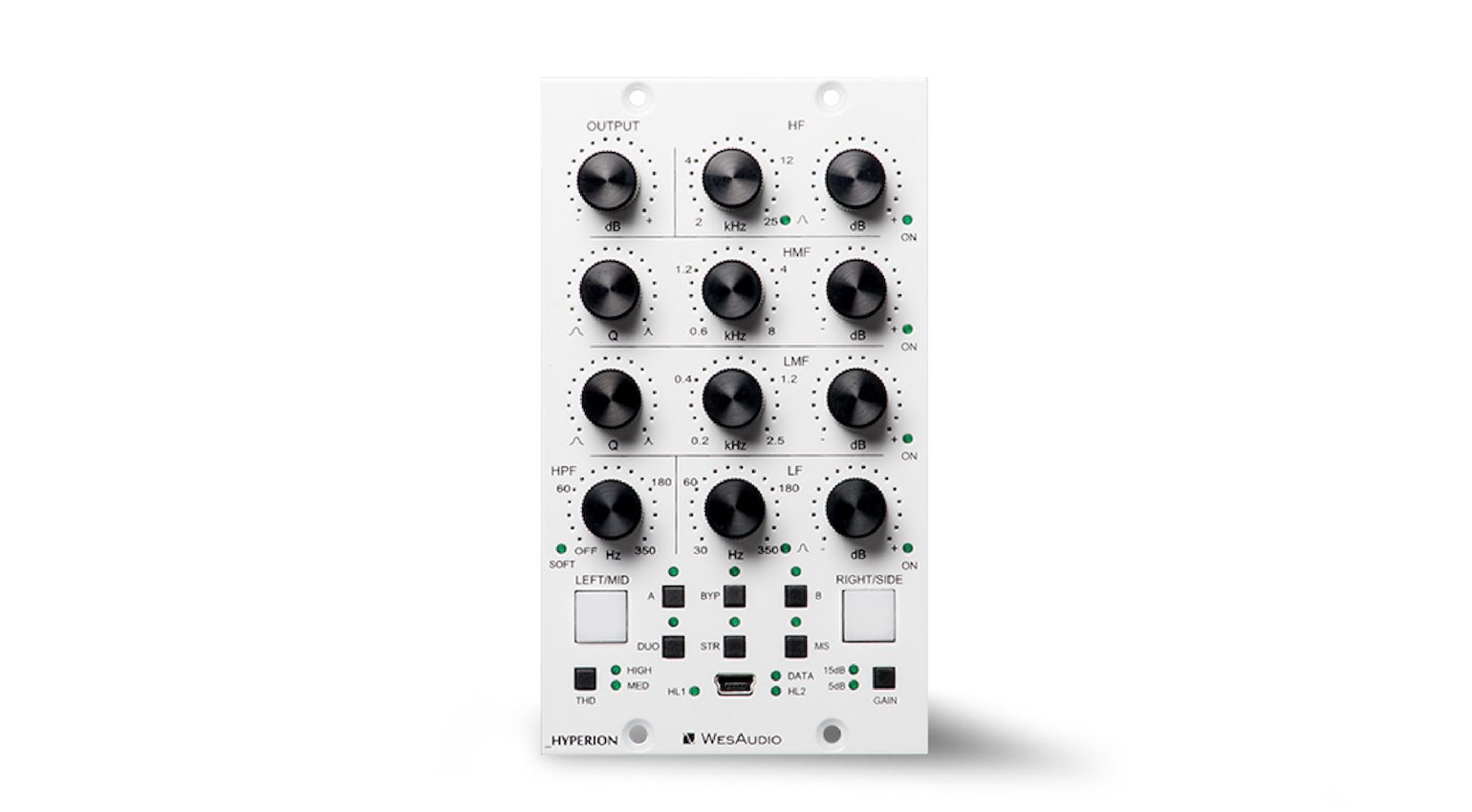
In addition, when used in conjunction with the Titan 500-series rack, you get complete digital control from within your DAW including presets and automation. The only drawback is these are manufacturer-specific features.
More about the Best Stereo EQ:
*Note: This article about the best stereo EQ contains affiliate links that help us fund our site. Don’t worry: the price for you always stays the same! If you buy something through these links, we will receive a small commission. Thank you for your support!

